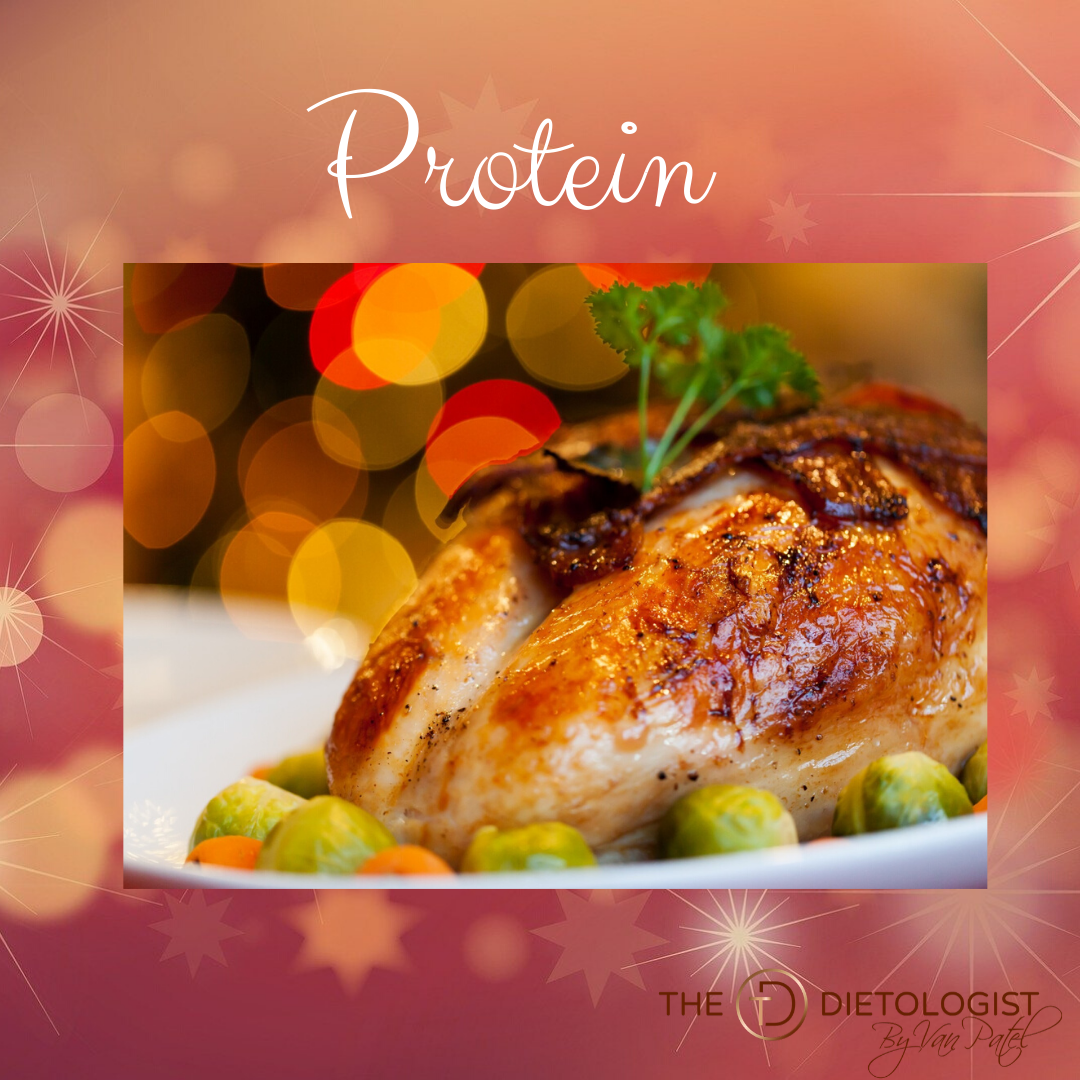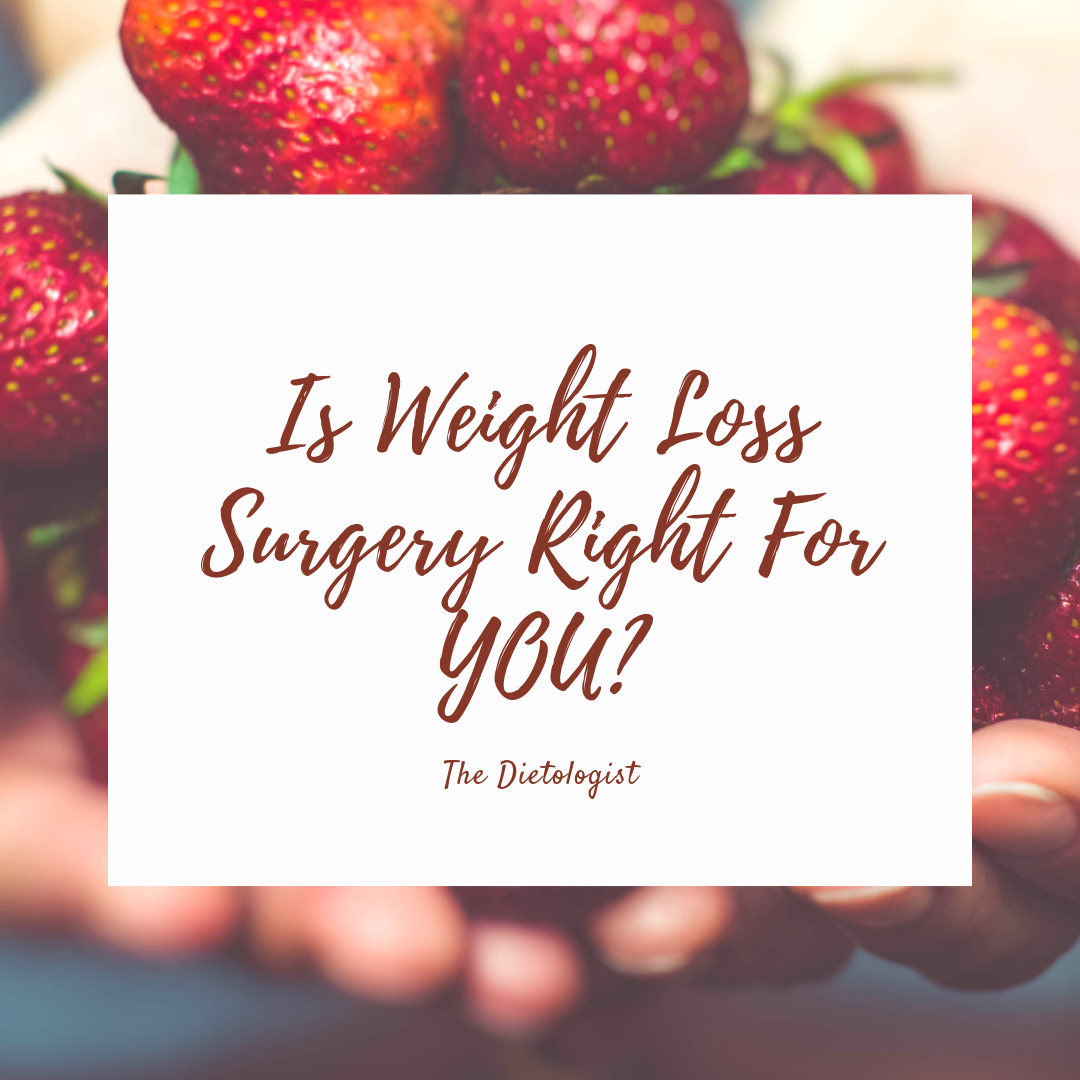Day 2 - Protein
Protein is an important part of a healthy diet. It's essential for growth and repair in your body, as well as having a number of other important functions. Along with carbohydrate and fat, protein provides us with energy and essential nutrients and important after weight loss surgery.
What is protein?
Proteins are complex molecules, made up of smaller building blocks called amino acids. Your body can make some amino acids, but there are others it can't make. You can only get these from your diet – they are called essential amino acids.
Proteins are found in foods that come from animals, including meat, fish, eggs and dairy products. You can also get them from non-animal sources such as cereal products, soya products, beans and pulses. Proteins that come from animal sources usually include all the essential amino acids, while those that come from plant sources may not. If you don't eat food from animals, you should still be able to get all the amino acids you need by eating a good range of plant-based proteins.
Why do we need protein?
Protein is essential for growth and repair of all tissues in your body. It's also a source of energy, along with carbohydrate and fat. Proteins have a number of other important functions around the body and make up most of the structural tissues in your body, such as skin and muscle and producing hormones such as insulin which helps to control your blood sugar levels.
Healthy sources of protein
In the UK, the largest proportion of our protein comes from meat (especially red meat), followed by cereals and cereal products, and then milk and milk products. The trouble with this is that while meat is an excellent source of protein, it can also be high in fat, especially saturated fat. Dairy products can also be high in fat. Too much fat in your diet can lead to health problems such as obesity and heart disease. It's best to enjoy a range of healthy sources of protein while trying to avoid having too much saturated fat. Here are some ideas to help you opt for leaner protein choices:
- Choose lean cuts of meat, including lean mince. Cut any visible fat off your meat, and take the skin off chicken.
- Grill meat and fish rather than frying.
- Don't eat too much processed meat like sausages, bacon and burgers – these are high in fat especially saturated fat and salt.
- Lentils and beans are a great alternative to meat, as they're high in fibre, protein, vitamins and minerals, as well as being low-fat. Try substituting meat with lentils or beans in curries, stews and soups.
- Try to include two portions of fish a week (including one oily fish like salmon, mackerel or trout).
- Go for lower-fat dairy products like semi skimmed milk or diet yoghurt. Or if you prefer the full-fat versions, have smaller amounts or have them less often.
If you've had weight loss surgery aim to have 1/3 side plate of protein and meal times. If you struggle opt to have yoghurt, handful of nuts or a glass of milk/milky coffee between meals.
If you need further advice about your protein intake please contact The Dietologist.




